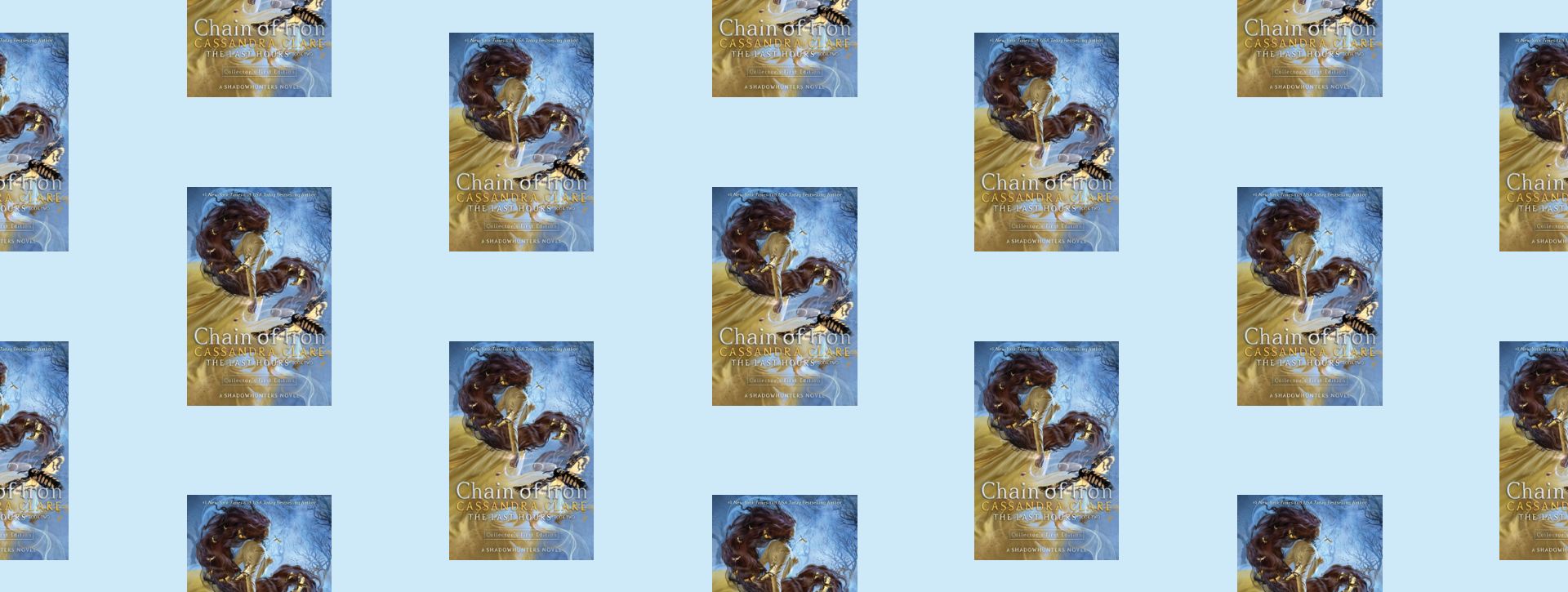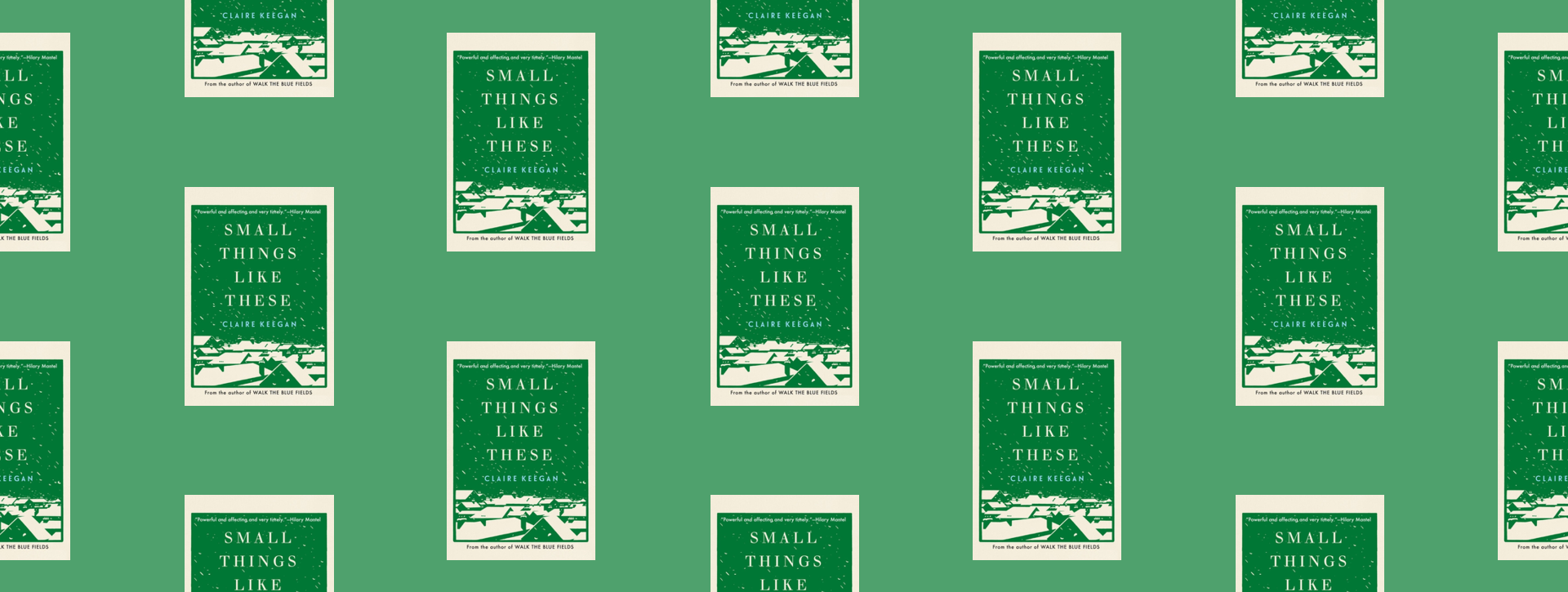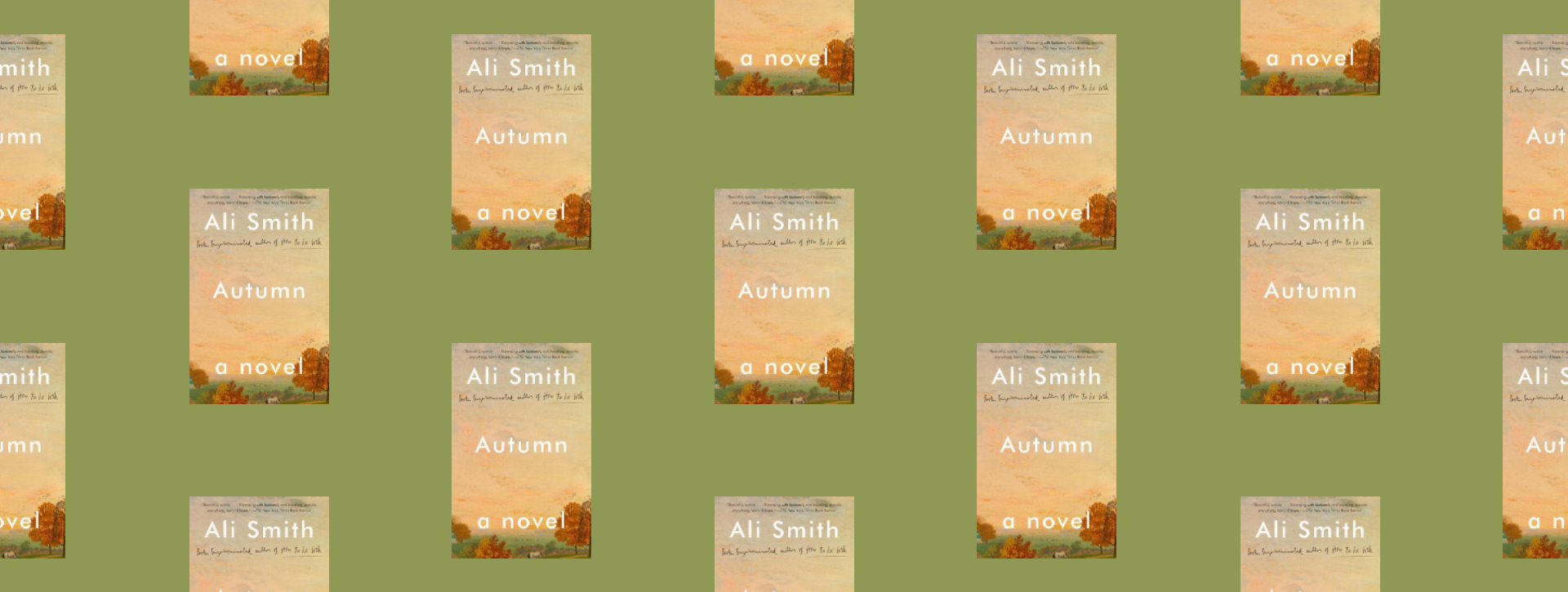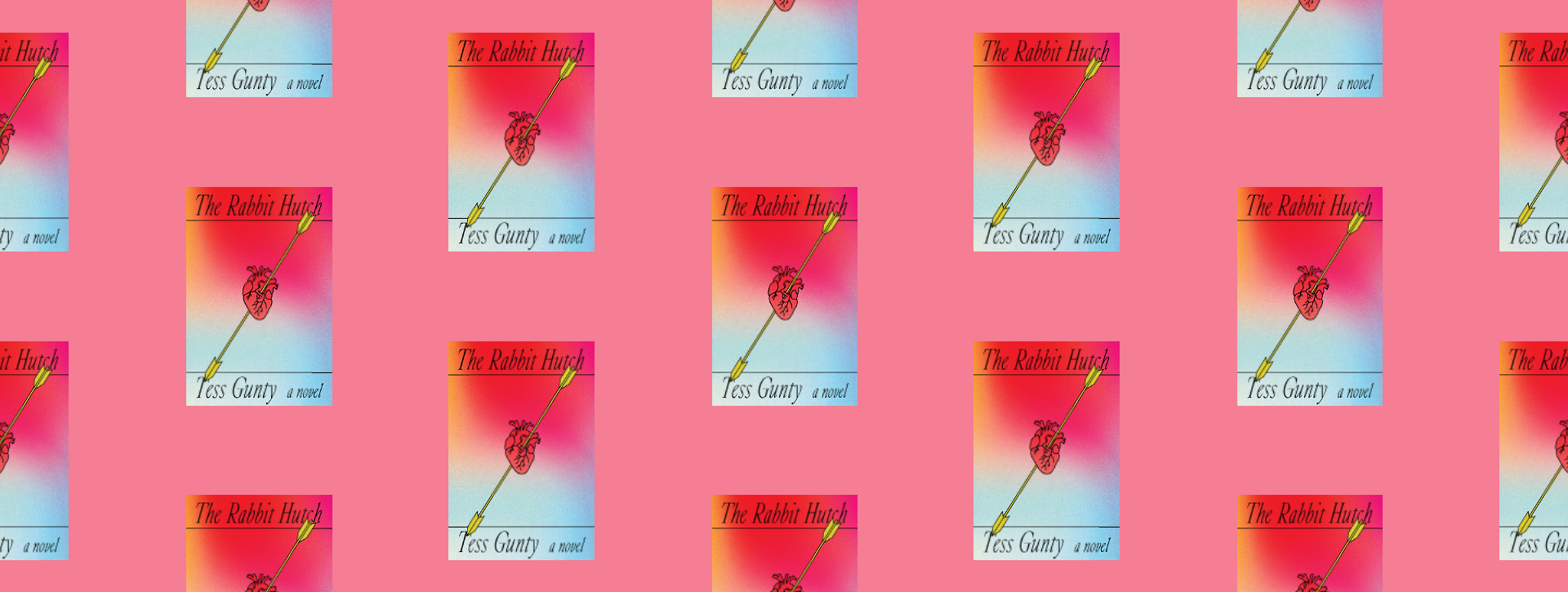The World We Make (Great Cities, #2)
The World We Make is not as strong as The City We Became, IMO, but it was still fun and smart and definitely worth reading.
Chain of Iron (The Last Hours, #2)
Chain of Iron was a fine sequel to Chain of Gold, but I mostly just want the third book. I love the trilogy’s characters and premise, but this book’s reading experience was pretty slow and frustrating.
My Name Is Lucy Barton
My Name Is Lucy Barton is everything you hope for in an Elizabeth Strout novel: warm and simple on the surface, but layered with emotion and nuance underneath.
Small Things Like These
Small Things Like These is a deceptively simple, deeply resonate little book about a dark part of Ireland’s (not so distant) past and the danger of community complacency. I really, really liked it.
Bloodmarked (The Legendborn Cycle, #2)
Bloodmarked is a solid, fast-paced sequel to Legendborn. It’s fast paced and expands the central conflict in smart, exciting ways. I need the third book like yesterday!
Autumn (Seasonal Quartet, #1)
The first book in Ali Smith’s Seasonal Quartet is a stunner, even if it makes you work a little bit for the payoff. Her prose is just so good and this book is beautiful.
When We Were Sisters
When We Were Sisters is a gorgeously written novel about three Pakistani-American sisters who grow up neglected. I sunk into it and was sad to finish; just beautiful.
The Town of Babylon
The Town of Babylon is a fresh, fascinating novel about suburbia, racism, homophobia, class, and the child-of-immigrants experience. I didn’t fully love it, but I think it has a ton of merits.
The Rabbit Hutch
The Rabbit Hutch is a visceral, engaging novel with especially good prose. I definitely liked it and thought it was an impressive debut.
The Marriage Portrait
Hamnet is an immersive, engrossing novel that fictionalizes the life of an Italian Duchess in the 1550s. To put it simply, Maggie O’Farrell has done it again.
Daughter of the Moon Goddess (The Celestial Kingdom Duology, #1)
Daughter of the Moon Goddess is a fun and exciting story that really just checks all the boxes: magic, action, romance, mythology, a plot twist! Can’t wait for book two.
Liberation Day: Stories
Liberation Day is just plain short story writing at its best. George has given us a deeply human collection of unforgettable characters and plenty to think about.
Seven Empty Houses
Seven Empty Houses is a powerful, slim set of translated stories that take a common motif (the house) and use it to pack a fresh-feeling punch. I liked it very much.
Nobody Gets Out Alive: Stories
Nobody Gets Out Alive is my absolute jam of a short story collection. It’s atmospheric, character-driven, and deliciously layered. I was hooked from the first one.
All This Could Be Different
All This Could Be Different is a very millennial novel (in a good way) that takes a lot of what works in many successful books today, mashes it, and adds to it to creates something that feels wholly fresh and original.




















